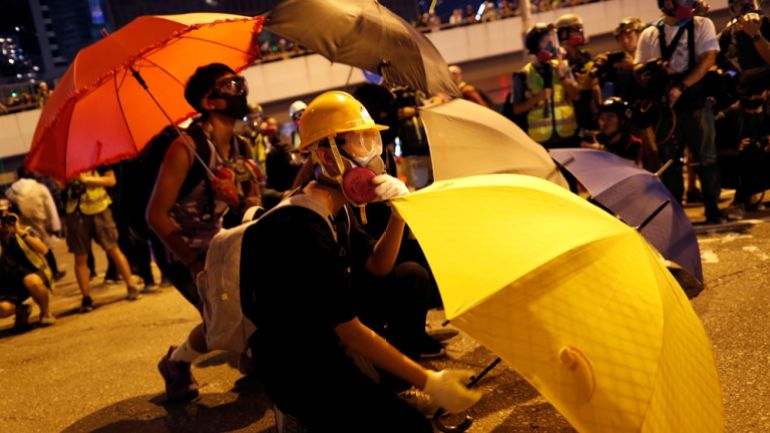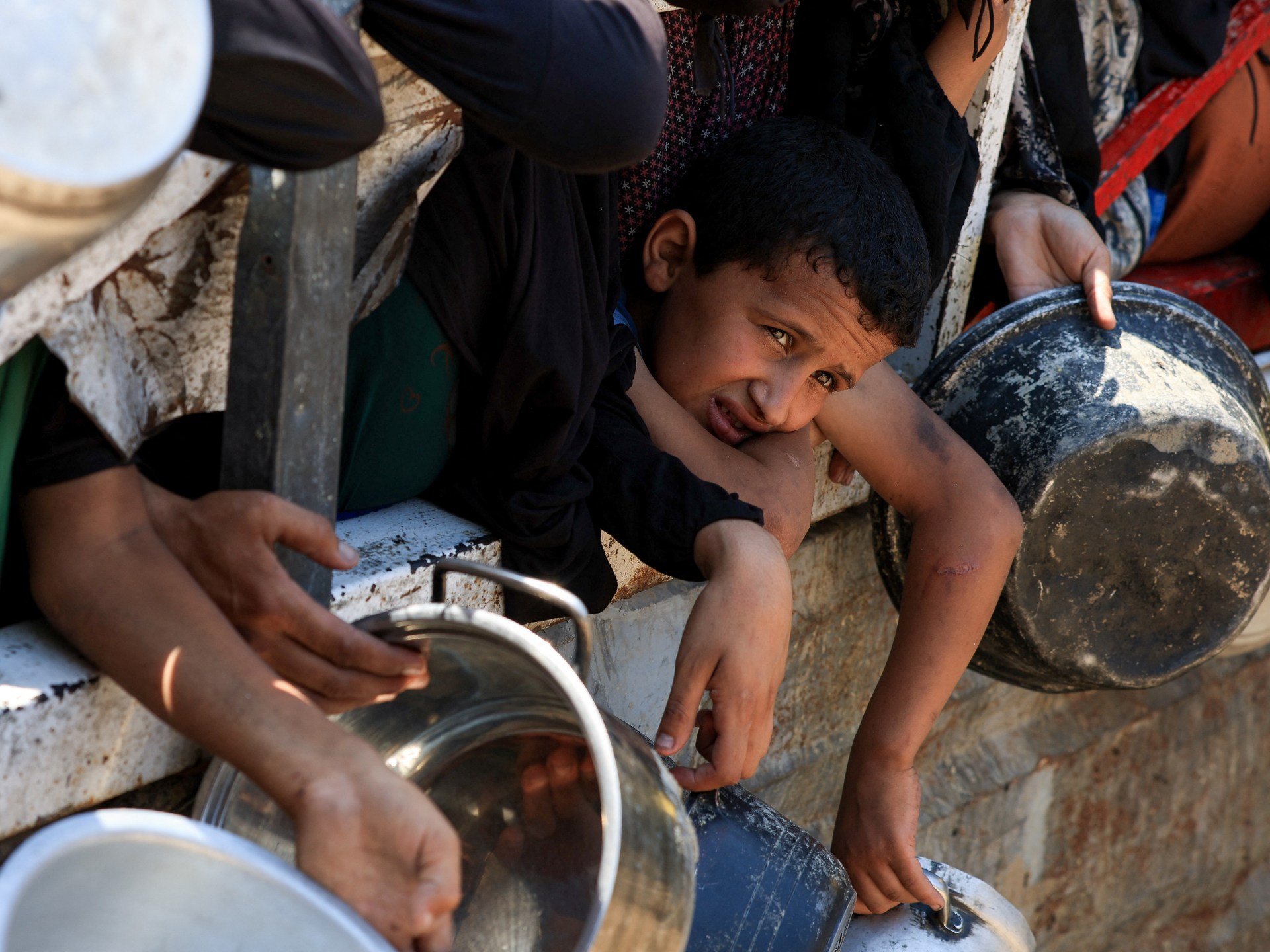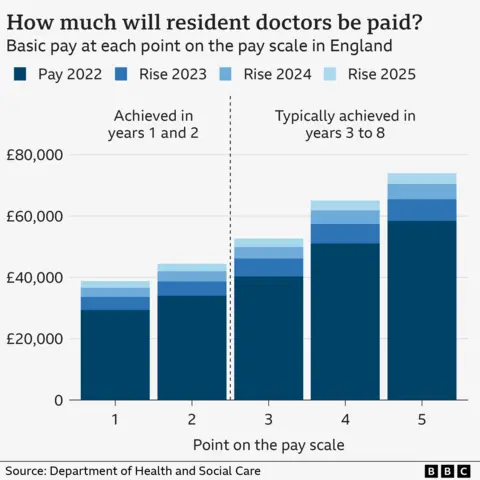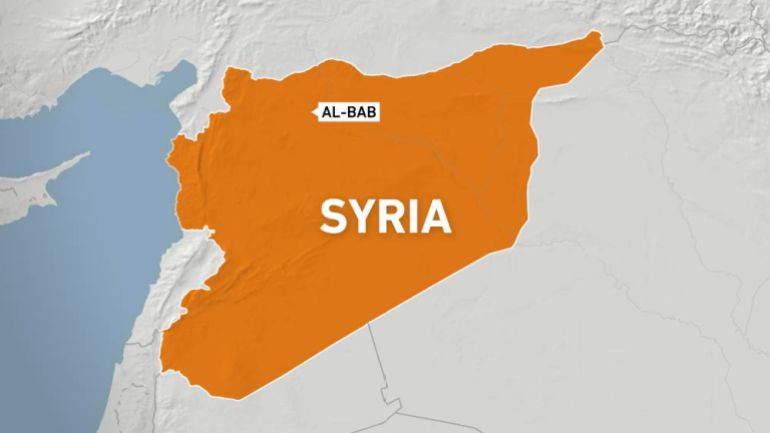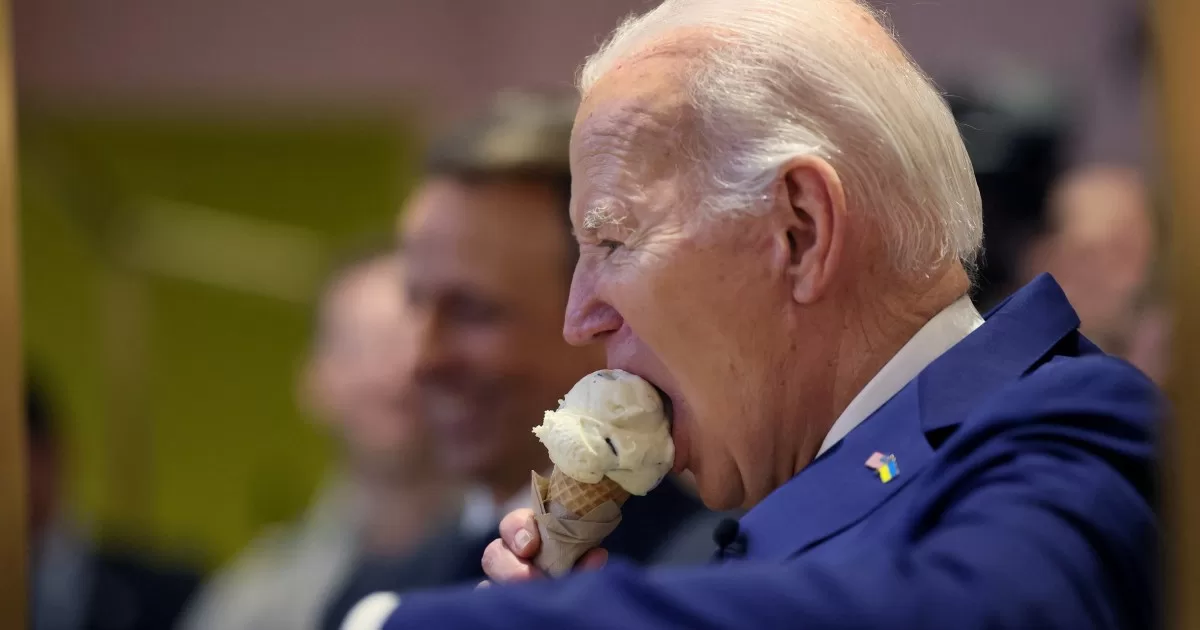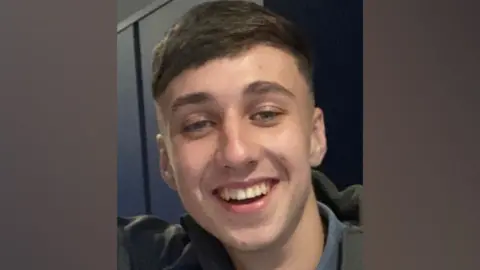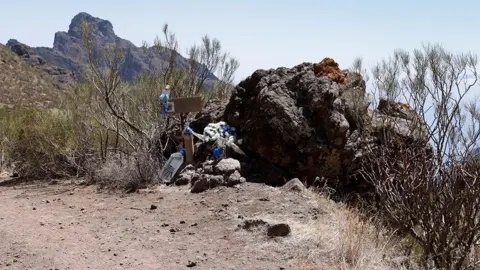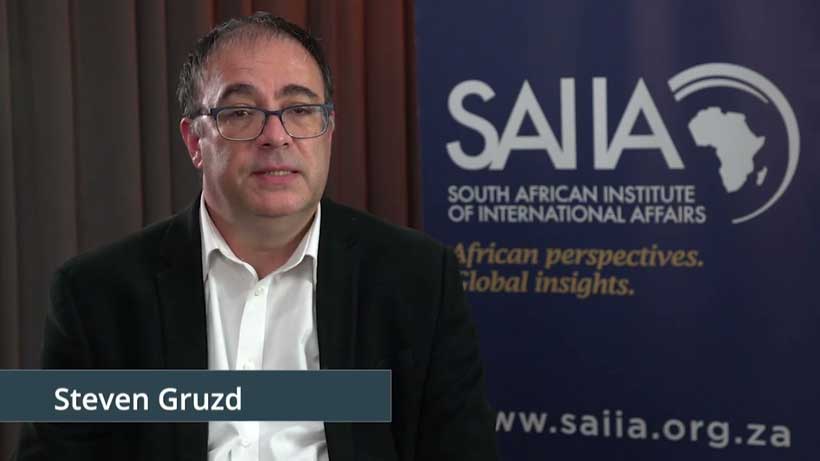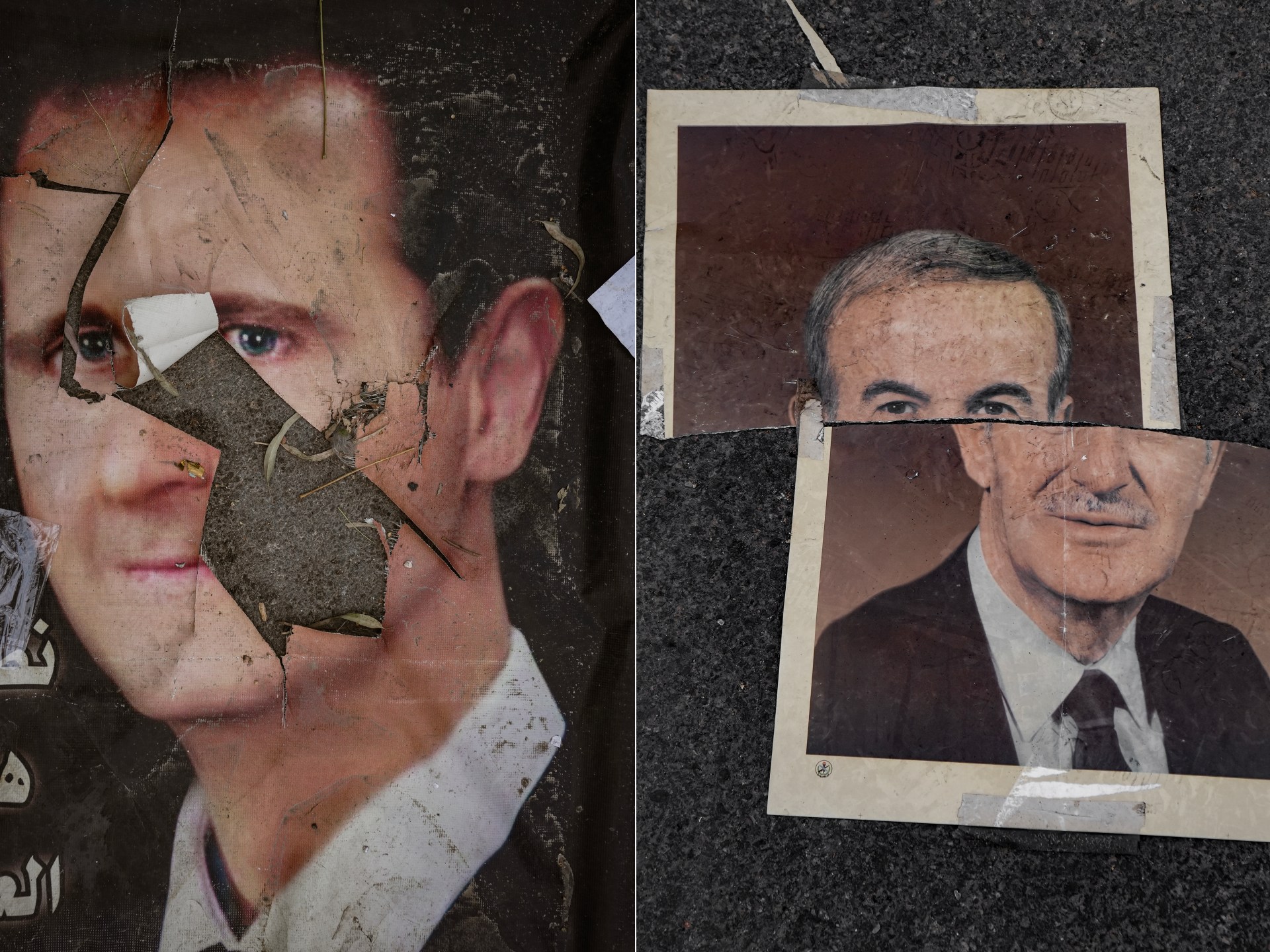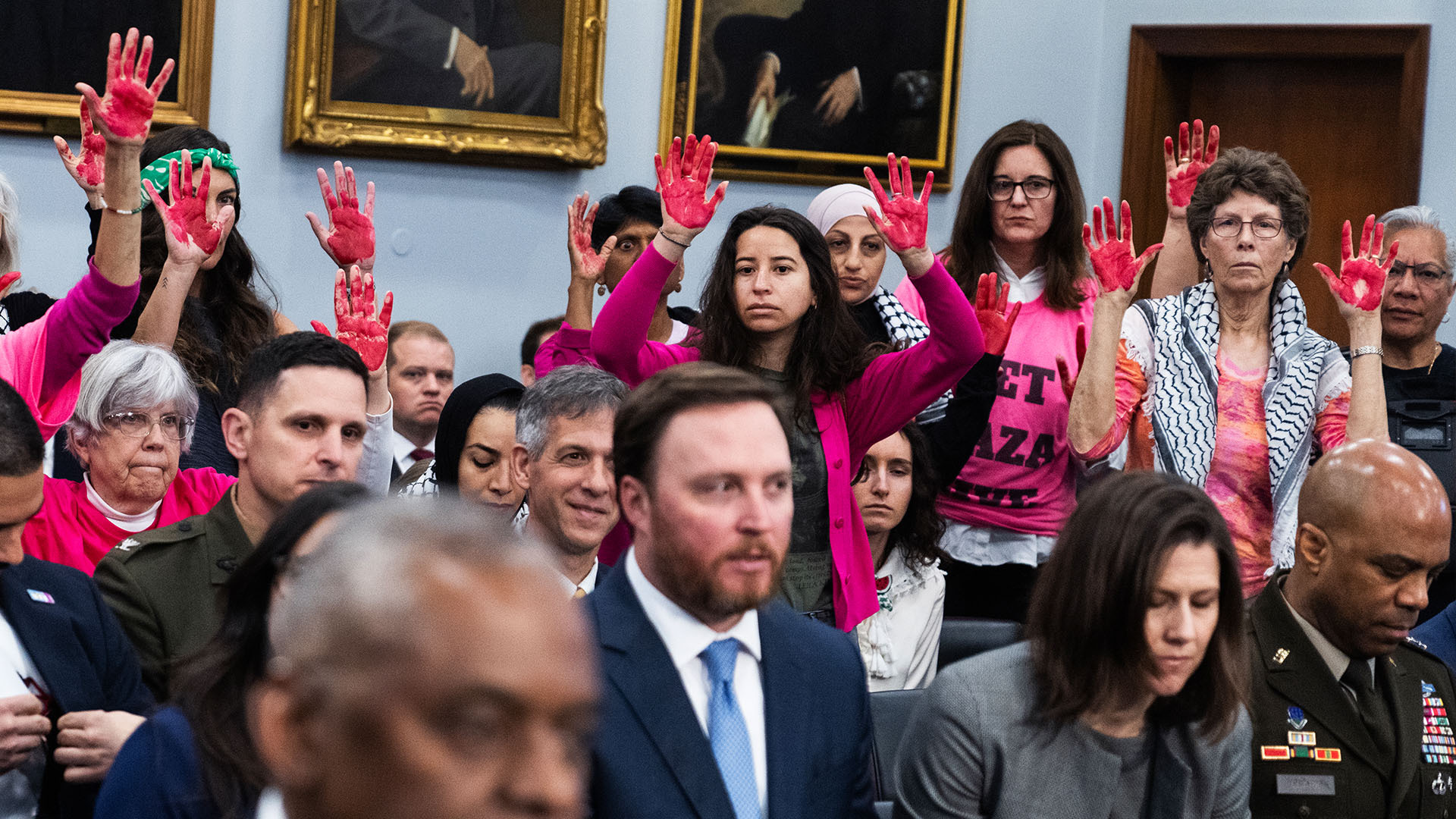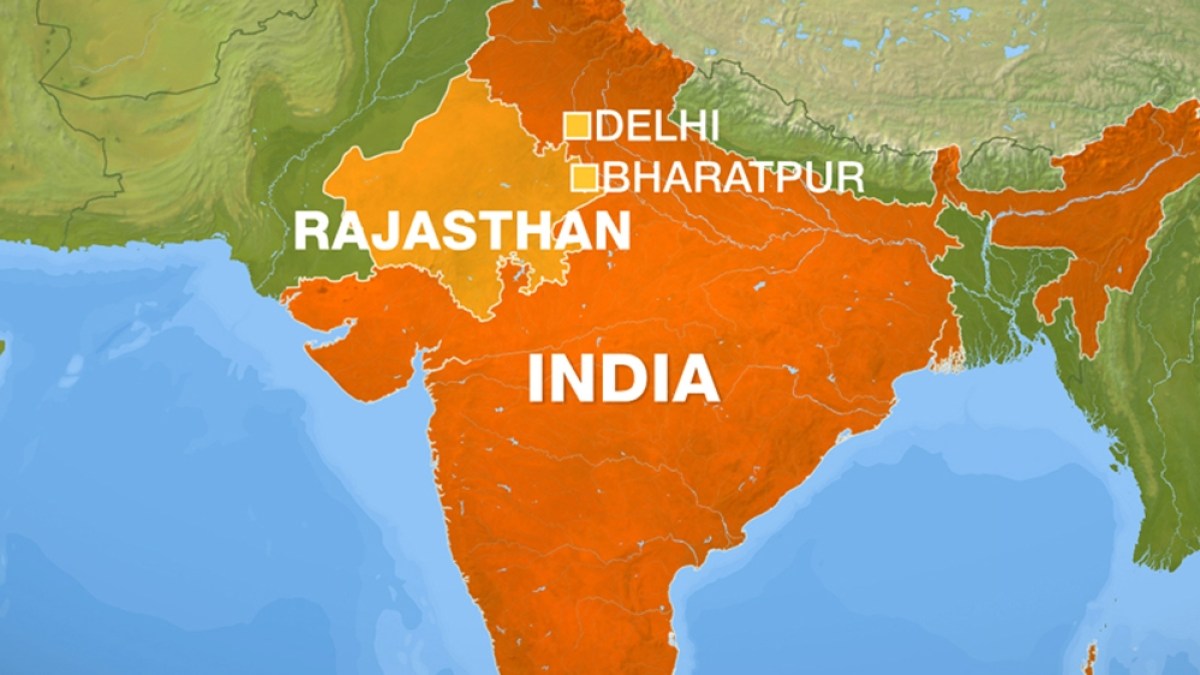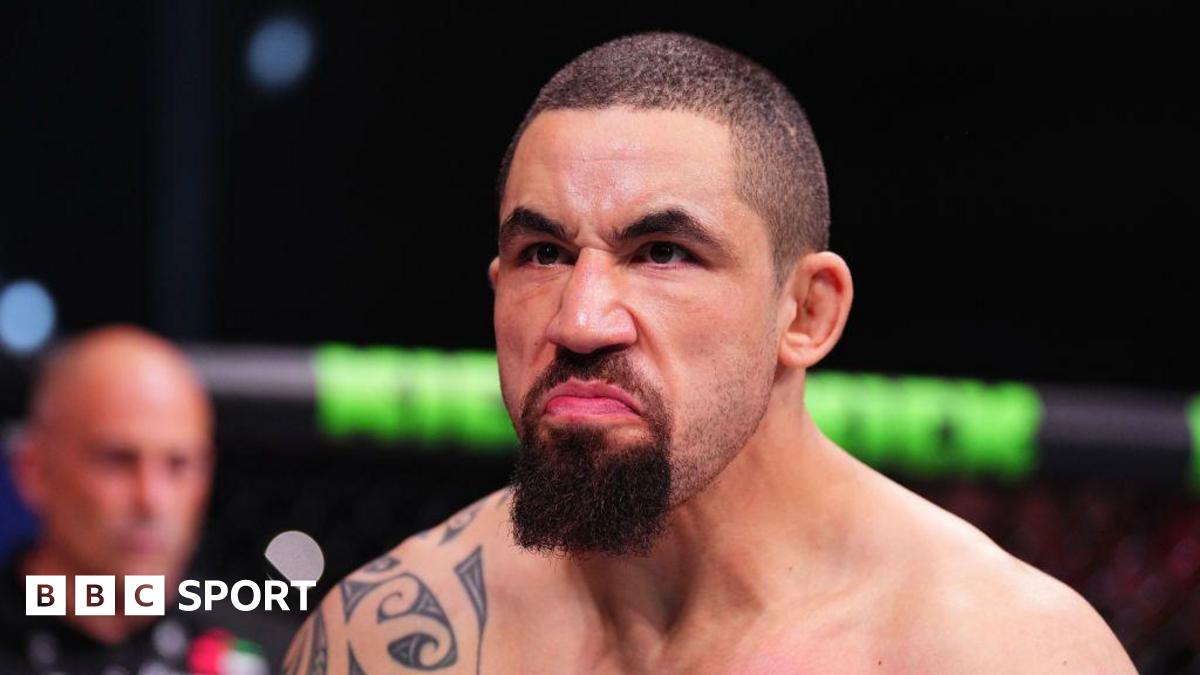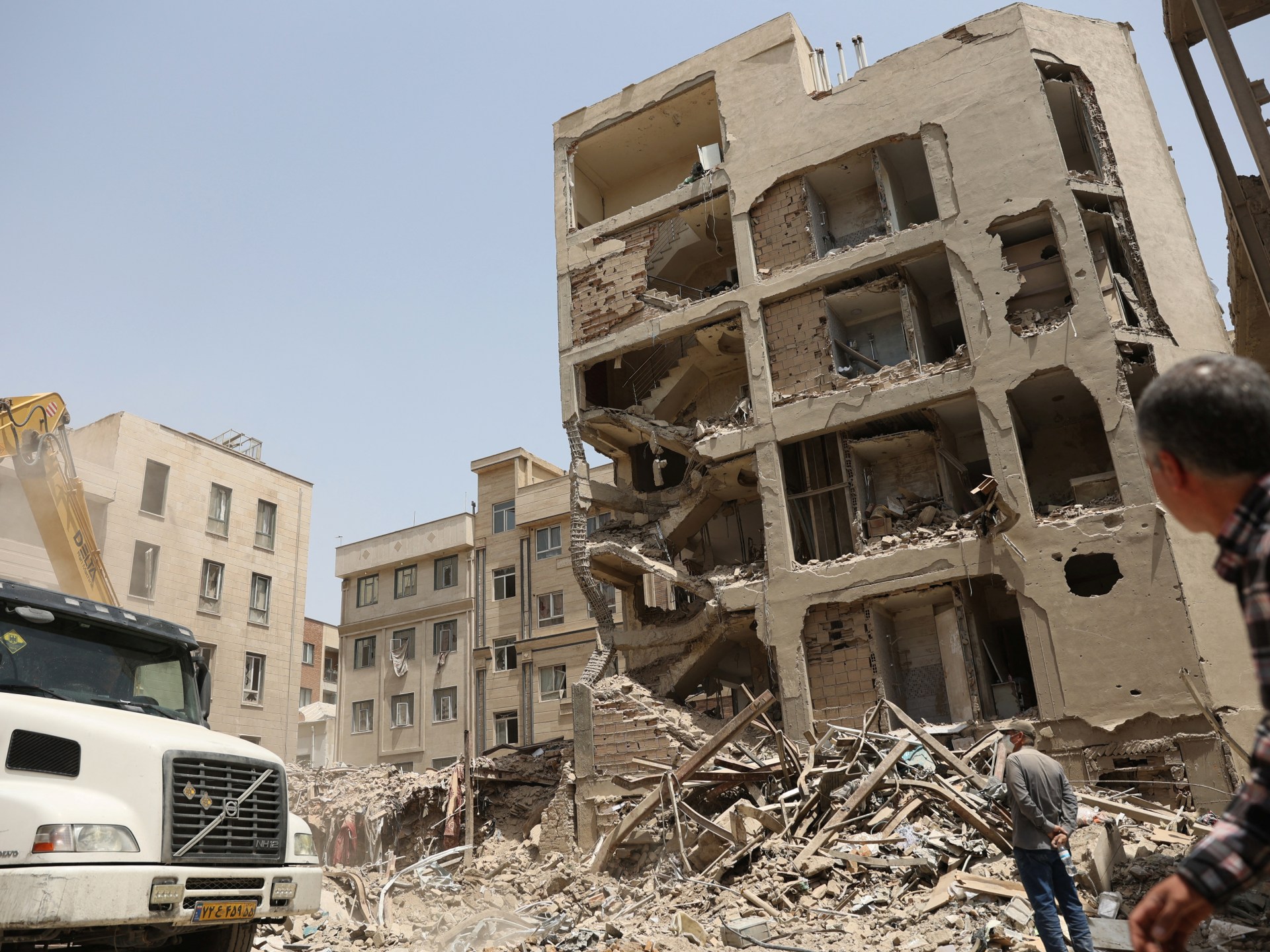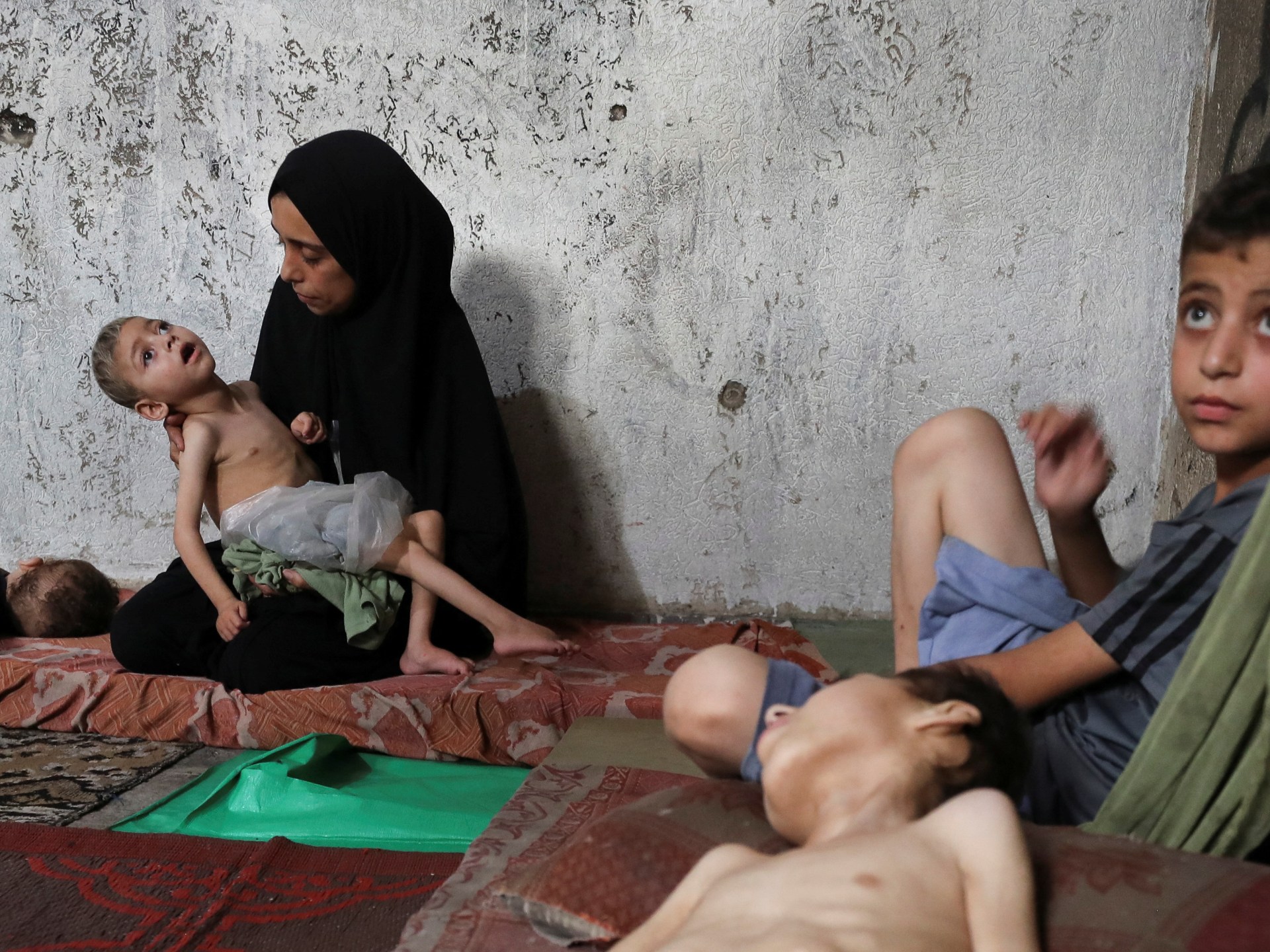Civilians Caught in Crossfire as Rebel Attacks Surge in DR Congo
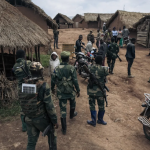
Scores of civilians were killed during fierce confrontations between the Democratic Republic of Congo (DRC) army and the Convention pour la Révolution Populaire (CRP) armed syndicate. The Cooperative for the Development of Congo (CODECO), another rebel group, compounded the violence, launching a series of attacks in rural communities of the Djugu territory, particularly in Nizi and Lopa.
The attacks have grounded economic activities in the principal centres of Iga-Barriere, Lopa, and Jina, interrupting traffic on the Number 27 national highway.
“The security situation has been relatively calm since yesterday in Lopa, Nizi, Iga-Barriere and its environs. Right now, socio-economic activities have still not resumed, and there are ongoing negotiations for the resumption of activities after clashes between the Congo army and rebels of the Convention pour la Revolution Populaire, before the incursion of CODECO militia,” Freddy Lotsima, a civil society leader in Lopa, revealed.
Amid growing concerns regarding the handling of the security crisis in Ituri, the military has refused to respond to various claims of misconduct by its personnel. Gratien Iracan, a leader in the Bunia constituency, however, claimed that between July 13 and 21, over 30 civilians were killed in Djugu alone.
“Unarmed civilians murdered in cold blood without the protection of the army and the United Nations Organisation Stabilisation Mission in the DR Congo (MONUSCO). Elements of the loyalist forces, as well as CODECO militia, have been accused by members of the local communities,” Lotsima added.
MONUSCO has condemned the attacks on civilian populations in the Djugu territory, as well as the looting and desecration of the Catholic parish of Lopa, which have been attributed to the CODECO armed group. The UN forces have been encouraging provincial authorities to promote dialogue among all communities in Ituri to help reduce tensions.
In the Masisi territory of North Kivu, intense fighting has been ongoing since 2 a.m. on Friday, July 25, between M23 rebels and the Wazalendo militia in the Luke area, part of the Nyamaboko 1 tribal group. Local sources revealed that the Wazalendo militia launched coordinated attacks on rebel positions to reclaim control of the area.
The sounds of heavy and light weapon detonations were heard in the combat areas. This situation has raised concerns among residents of nearby communities, who have been receiving displaced individuals from Luke and Katobotobo in the Katoy region.
Scores of civilians were killed in the Democratic Republic of Congo during clashes between the national army and the CRP armed group. CODECO rebels intensified the violence with attacks in rural areas like Nizi and Lopa, halting economic activities and interrupting national highway traffic. The security situation, currently calm, has stalled socio-economic recovery, with talks ongoing for resumption after the conflict.
Military responses to the crisis in Ituri have been questioned, with Gratien Iracan reporting over 30 civilian deaths in Djugu. Allegations of civilian killings implicate CODECO and loyalist forces, criticized by civil leaders for lack of protection. MONUSCO condemned the attacks and urged dialogue among communities to ease tensions.
Simultaneously, in North Kivu’s Masisi territory, fighting erupted between M23 rebels and the Wazalendo militia. The militia attempted to reclaim control of the Luke area with coordinated offenses. The violence has spurred concern among nearby communities, which are now receiving displaced people from affected regions.

